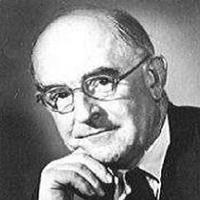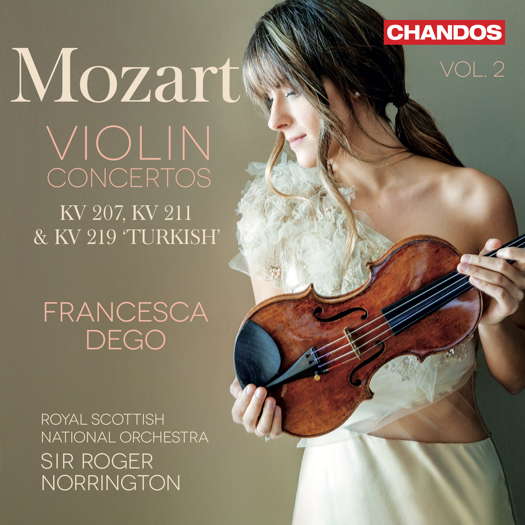 DISCUSSION: John Dante Prevedini leads a discussion about Music and the Visual World, including contributions from Celia Craig, Halida Dinova and Yekaterina Lebedeva.
DISCUSSION: John Dante Prevedini leads a discussion about Music and the Visual World, including contributions from Celia Craig, Halida Dinova and Yekaterina Lebedeva.
- Aix-en-Provence
- Pierre Hasquenoph
- Sir John Tavener
- Derby Chamber Music
- Britta Byström
- Metier Sound and Vision Ltd
- Maria de Buenos Aires
- Ballets Russes
 SPONSORED: Ensemble. Unjustly Neglected - In this specially extended feature, Armstrong Gibbs' re-discovered 'Passion according to St Luke' impresses Roderic Dunnett.
SPONSORED: Ensemble. Unjustly Neglected - In this specially extended feature, Armstrong Gibbs' re-discovered 'Passion according to St Luke' impresses Roderic Dunnett.
All sponsored features >>

Mozart: Violin Concertos K 207, K 211, K 219
CHAN 20263 (Chandos Records, CD)
FIRST RELEASE (2 September 2022)
Playing time: 67'55"
Tracks: 9
Booklet pages: 39
℗ 2022 Chandos Records Ltd
© 2022 Chandos Records Ltd
Main country of recording: United Kingdom
Reviewer: Gerald Fenech
Review of Mozart: Violin Concertos K 207, K 211, K 219 published on 3 September 2022
Francesca Dego, violin
Royal Scottish National Orchestra
Sharon Roffman, leader
Roger Norrington, conductor
Wolfgang Amadeus Mozart (1756-1791):
Violin Concertos, Volume 2. Cadenzas by Franco Gulli
Concerto (No 1), K 207 (1773) in B flat, for Violin and Orchestra,
1 Allegro moderato
2 Adagio
3 Presto
Concerto (No 2), K 211 (1775) in D, for Violin and Orchestra
4 Allegro moderato
5 Andante
6 Rondeau. Allegro
Concerto (No 5), K 219 'Turkish' (1775) in A, for Violin and Orchestra
7 Allegro aperto – Adagio – Allegro aperto
8 Adagio
9 Rondeau. Tempo di Menuetto - Allegro - Tempo di Menuetto
Recorded 10-12 September 2021 at the New Auditorium, Royal Concert Hall, RSNO Centre, Glasgow, UK.
Following their critically acclaimed first volume of Mozart's violin concertos (CHAN 20234), Francesca Dego and Roger Norrington complete the set, once again with outstanding support from a reduced Royal Scottish National Orchestra. This cycle not only represents the first time Norrington has recorded these concertos, but the present album is also his final recording project. All five concertos were written before Mozart was twenty; nevertheless, his rapid development as a composer is evident in the progression from the first to the fifth, which has an unusual Adagio section within the first movement, an extensive slow movement, and of course the extensive 'Turkish' episode in the final movement (probably based on Hungarian folk music). Whilst given on modern instruments with metal strings, these are performances immersed in Norrington's lifetime of experience in period performance practise.

